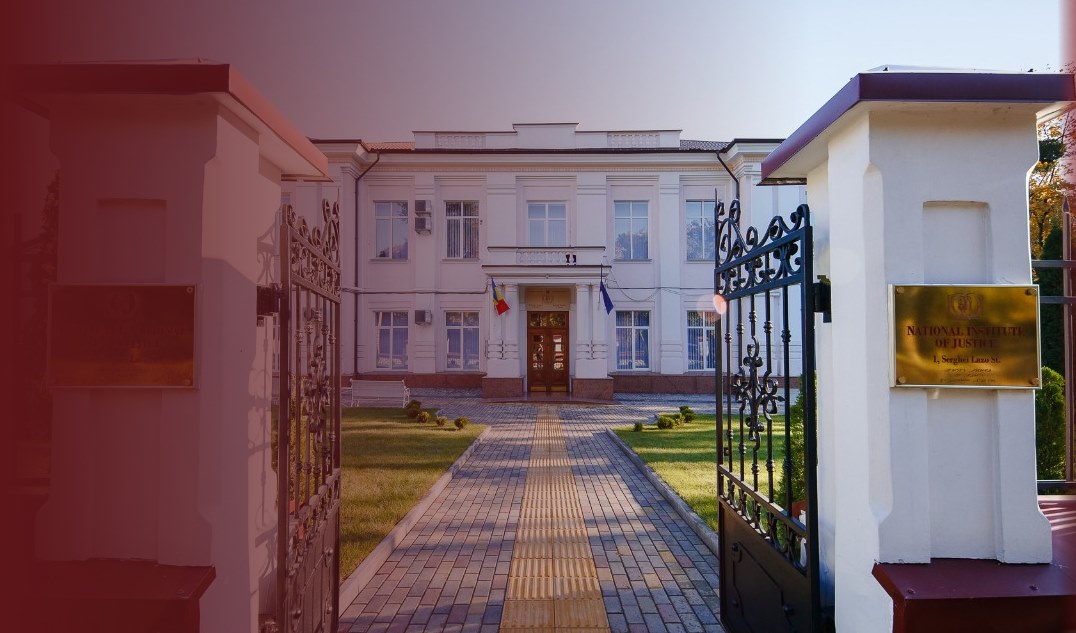On Wednesday, 13 April, 2022, Council of Europe launched a new project "Supporting the implementation of the Istanbul Convention in the Republic of Moldova". The event was attended by the representatives of the National Institute of Justice - Ecaterina Popa, ad interim Director, and Cezara-Elena Polisca, advisor of the NIJ Director, head of the Didactics, Methodological and Training of Trainers Section.
In the opening remarks, Ecaterina Popa stated that one of the Institute's priorities is to strengthen the professional capacities of its beneficiaries, including the Istanbul Convention, by carrying out several actions that have been introduced in the initial and continuing training Plans. Furthermore, she highlighted the significant impact of the judicial training actors in the justice sector, by the HELP course coordinated by the Council of Europe "Women's access to justice", tutored in the Republic of Moldova by the National Institute of Justice. Ecaterina Popa also, remarked that the organization of the Republican children's drawing contest "Generation of Equality through the prism of the Istanbul Convention" is welcome in the context this topic.
Following the official launch, the first meeting of the Project Supervisory Committee took place, whose members discussed subsequent visions, suggestions and activities.
The project "Supporting the implementation of the Istanbul Convention in the Republic of Moldova" aims to raise awareness among various actors about the Istanbul Convention and other European standards of gender equality, as well as promoting cooperation between organizations working in this sector. At the same time, the capacity of key parties involved in both preventing and combating violence against women and domestic violence, as well as in protecting victims and prosecuting offenders, will be strengthened.
The project will be implemented for 24 months, being part of the Council of Europe Action Plan for the Republic of Moldova for the period of 2021-2024. The project partners include the Ministry of Labor and Social Protection, the Ministry of Internal Affairs and the National Institute of Justice, while among the beneficiaries are state authorities, civil society, national media, legal professionals, social workers and victims of gender and domestic violence.

